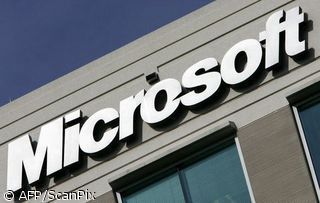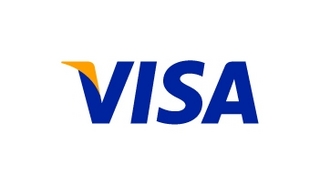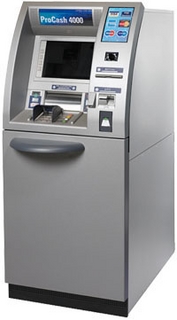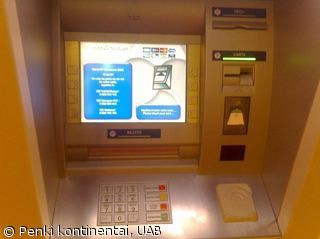The quantity of e-mailed advertising pitches for different opportunities is about to increase dramatically
Published:
9 July 2002 y., Tuesday
The quantity of e-mailed advertising pitches for different opportunities is about to increase dramatically, according to research by Bob West, an anti-spam activist.
E-mail addresses are the currency in a financial shell game that involves rapidly moving consumer contact information from database to database while concealing where and how the data was collected, according to West's research, which he has documented in a map that painstakingly details all the dark and twisted paths that your e-mail address has been traveling.
Spammers harvest e-mail addresses from websites and public posts on Internet newsgroups and bulletin boards and then sell the addresses to other spammers, or to unscrupulous marketing companies who pay a bounty fee per submitted name. These marketing lists may eventually be sold to legitimate companies who often believe they are purchasing a list of eager consumers' addresses.
One end result of all this activity is, rather obviously, more spam showing up in already jammed inboxes. West said his research indicates that unless consumers complain publicly and loudly about the promiscuous passing around of their e-mail addresses, spam will make the mailboxes of most Internet users virtually unusable within the next six to nine months ... "a year if we're lucky."
Other anti-spam activists agreed that spam is proliferating, but pointed out that West's "Spamdemic Map" doesn't indicate any concepts that aren't already widely understood.
Šaltinis:
wired.com
Copying, publishing, announcing any information from the News.lt portal without written permission of News.lt editorial office is prohibited.
The most popular articles
Software company announced new structure_ of it_s business.
more »
 FTTH Network Provides High-Speed Internet, IPTV and VoIP Telephony in One.
more »
FTTH Network Provides High-Speed Internet, IPTV and VoIP Telephony in One.
more »
 FIRE crews came to the rescue of two security guards who were trapped inside a cash machine for nearly two hours.
more »
FIRE crews came to the rescue of two security guards who were trapped inside a cash machine for nearly two hours.
more »
 Wincor Nixdorf International has named Patrick Wright its new chief executive officer for the U.S. division.
more »
Wincor Nixdorf International has named Patrick Wright its new chief executive officer for the U.S. division.
more »
 Deutsche Telekom selects Motorola’s IPTV set-tops for T-Home Entertain Services; users to receive compelling, rich media experiences.
more »
Deutsche Telekom selects Motorola’s IPTV set-tops for T-Home Entertain Services; users to receive compelling, rich media experiences.
more »
 New regional development center in Germany is part of $75 million global investment by Windows Embedded Business.
more »
New regional development center in Germany is part of $75 million global investment by Windows Embedded Business.
more »
 Diogo Vasconcelos, the newly elected President of the Portuguese National Association for the Development of Telecommunications (APDC), has promised to transform the organisation's role in driving forward the country's digital agenda.
more »
Diogo Vasconcelos, the newly elected President of the Portuguese National Association for the Development of Telecommunications (APDC), has promised to transform the organisation's role in driving forward the country's digital agenda.
more »
 Microsoft is helping transform the upcoming Democratic and Republican national conventions into the most technologically advanced and inclusive conventions ever held.
more »
Microsoft is helping transform the upcoming Democratic and Republican national conventions into the most technologically advanced and inclusive conventions ever held.
more »
 Visa and leading North American financial institutions have agreed to launch a pilot with up to 2,000 participants to test the delivery of real-time notification alerts on Visa accounts.
more »
Visa and leading North American financial institutions have agreed to launch a pilot with up to 2,000 participants to test the delivery of real-time notification alerts on Visa accounts.
more »
 Wincor Nixdorf International has secured a deal to provide ATMs to Banktech, an independent ATM provider in Australia.
more »
Wincor Nixdorf International has secured a deal to provide ATMs to Banktech, an independent ATM provider in Australia.
more »
 Financial breaches and identity theft cases seem to be in the headlines on an almost regular basis. Just last month, hackers broke into a Citibank-branded ATM network and stole millions.
more »
Financial breaches and identity theft cases seem to be in the headlines on an almost regular basis. Just last month, hackers broke into a Citibank-branded ATM network and stole millions.
more »